With Li Quanqiang's announcement, the hottest topic has become: In the Paris Olympic year, why is Zhu Ting, at the peak of her career, not being utilized and left idle, despite repeatedly expressing her desire to compete for national glory? This is not just a personal experience of an athlete, but more like an "earthquake" in the sports world, shattering the hopes and expectations that many people have for the Chinese women's volleyball team. What kind of power struggles and interest transfers are hidden behind this? Is Zhu Ting's situation a coincidence or just the tip of the iceberg of systemic problems within the Chinese women's volleyball team? When will the truth be revealed to the world?
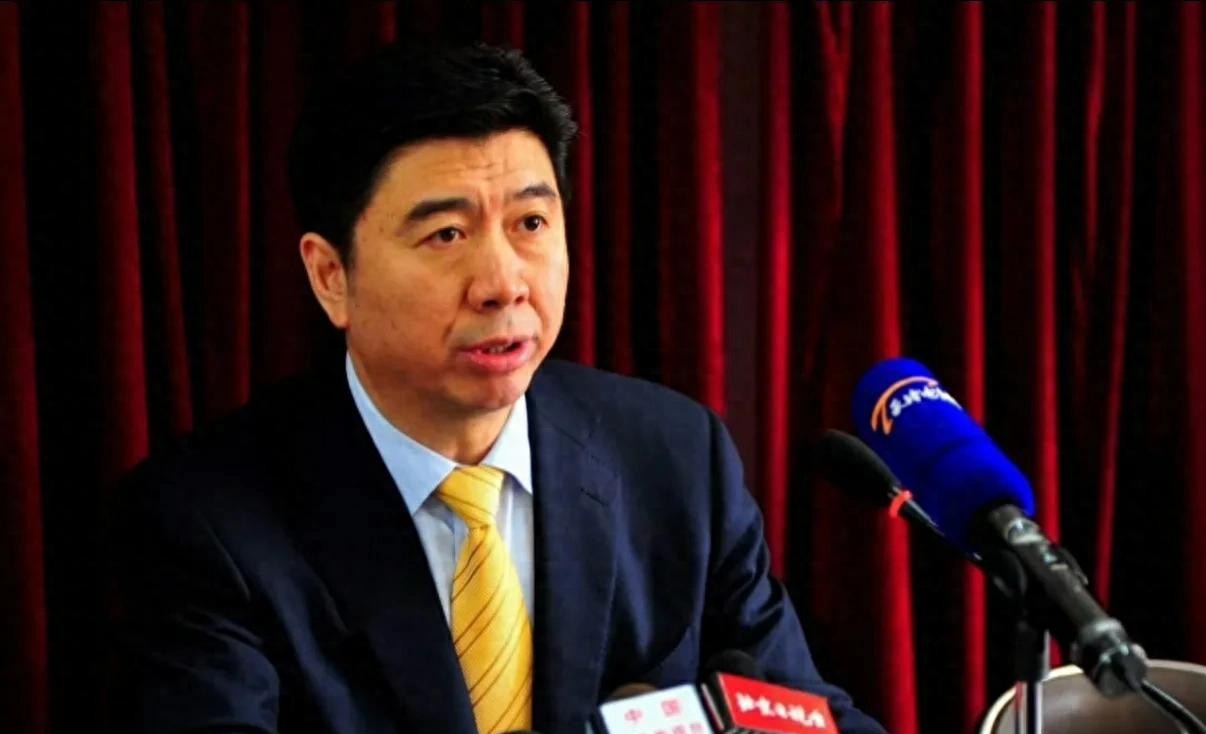
Zhang Changning, who has not competed for three years, has returned to the national team, while Zhu Ting, at the peak of her career, is facing a cold reception during the Olympic year. This stark contrast has sparked strong dissatisfaction among fans. Netizens have been expressing their doubts and anger online, with waves of questions flooding in, pushing the Chinese women's volleyball team to the forefront of public opinion. Some say this is the result of "connections" running rampant, a manifestation of corruption within the sports system; others believe there may be deeper reasons behind it, requiring further investigation and exposure. All these doubts are not groundless, but are based on concerns about some long-standing issues within the Chinese women's volleyball team.
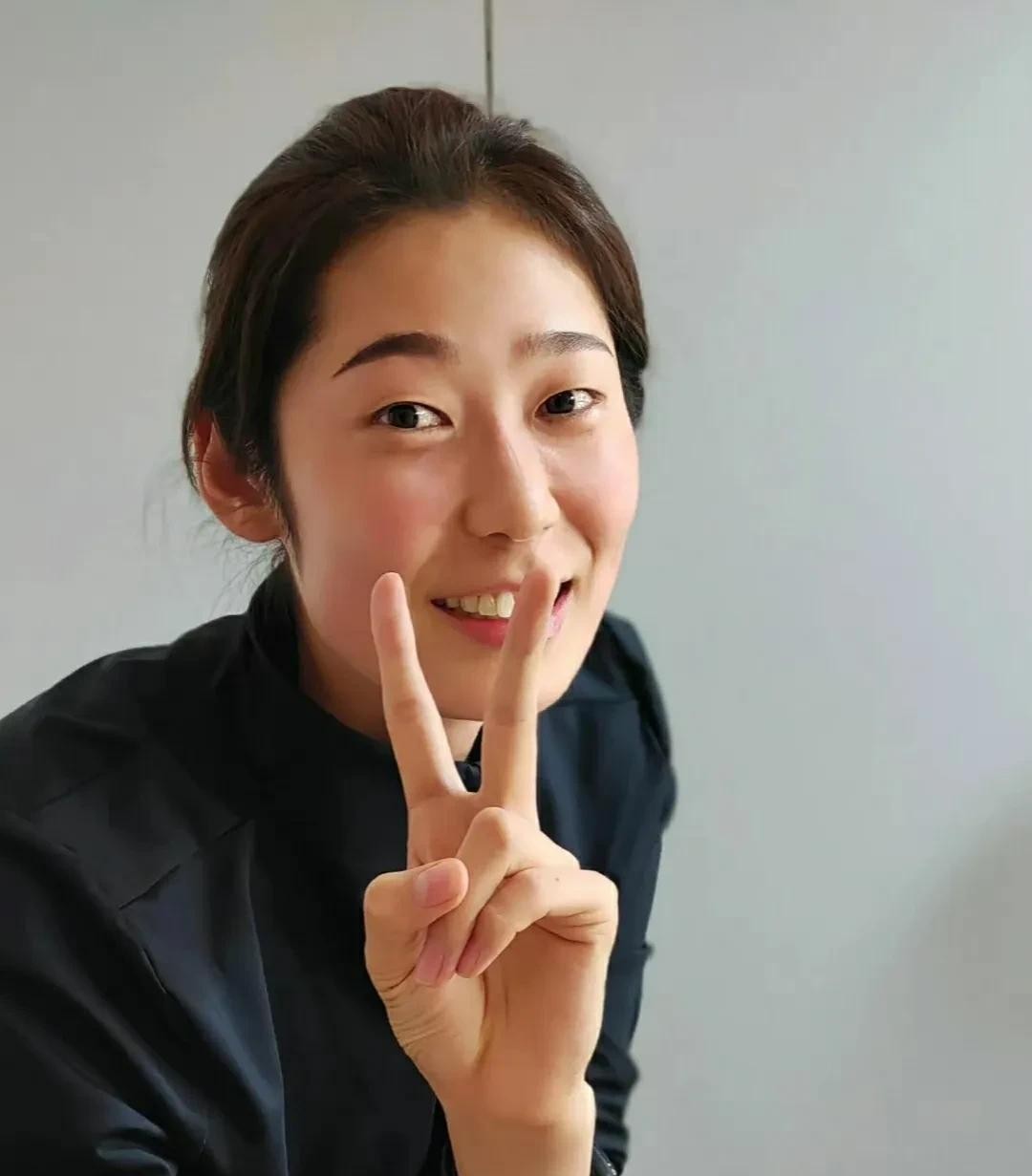
Zhu Ting's road to return has not been smooth sailing. She was once the "queen" of the world volleyball arena, winning countless honors for the country. However, this time, she encountered unprecedented resistance, which makes one ponder the reasons behind it. Her statement announcing her return did not mention the Volleyball Management Center, adding to the mystery of the incident. Is it a tacit understanding or under some pressure? All these questions point to a disturbing possibility: Zhu Ting may be one of the victims of the corruption case in the women's volleyball team.
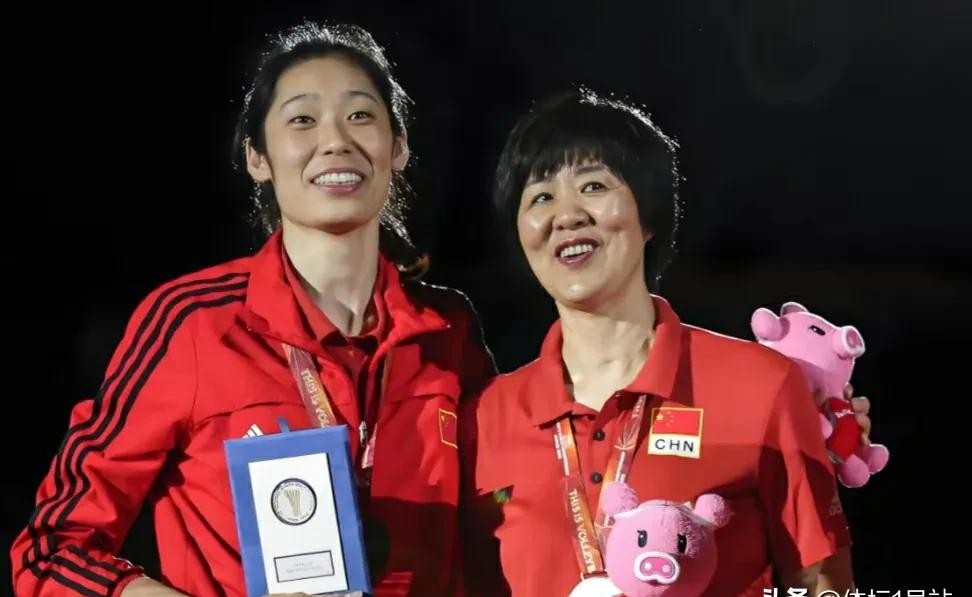
In recent years, the performance of the Chinese women's volleyball team has not been ideal, and their performance at the Paris Olympics was even more disappointing. This is closely related to the team's selection mechanism, coaching strategies, and overall management. Excellent athletes cannot get proper use, while some mediocre performers can get opportunities. The logic behind this is worth our deep reflection. Coach Cai Bin's coaching ability has also been widely questioned. The results he has achieved with the team fall far short of public expectations. Is this related to the selection and employment mechanisms?
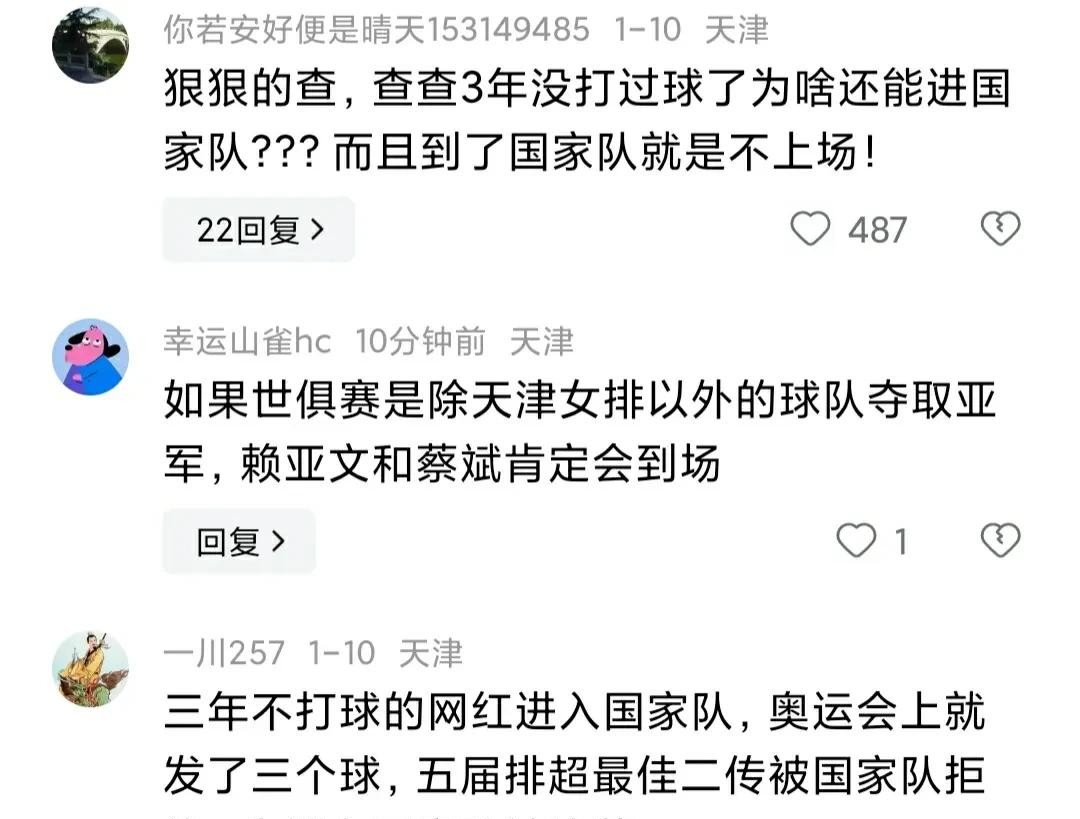
On the Internet, there have been many discussions about a person named "Wei." Some say that he once held immense power in the volleyball world, and even after retiring for many years, his influence remains significant. "One word carries nine tripods," "great powers," these phrases allude to the enormous power this figure holds in the volleyball world. Is this power being abused, and is it related to the selection issues of the women's volleyball team? These questions need further investigation to answer.

The Chinese women's volleyball team was once the pride of countless people, and their fighting spirit inspired generation after generation. However, the current Chinese women's volleyball team is in trouble, which not only makes fans feel sorry but also causes concern. Can this anti-corruption storm bring new hope to the Chinese women's volleyball team? Can it allow those excellent athletes who were once overlooked to regain the opportunity for fair competition? This is not only related to the future of the Chinese women's volleyball team but also to the future of Chinese sports.

The arrival of the anti-corruption storm has lifted a corner of the mist surrounding the Chinese women's volleyball team, but the truth still lies deep beneath. We look forward to the day when the truth will come to light, allowing those athletes who have suffered injustice to receive the respect and compensation they deserve; allowing the Chinese women's volleyball team to regain its glory and rekindle its former splendor. This is not just an issue for the women's volleyball team but a systemic issue for Chinese sports that requires our serious reflection and active improvement. Only by doing so can we ensure the healthy development of China's sports industry and enable more outstanding athletes like Zhu Ting to compete for national glory in a fair and just environment.
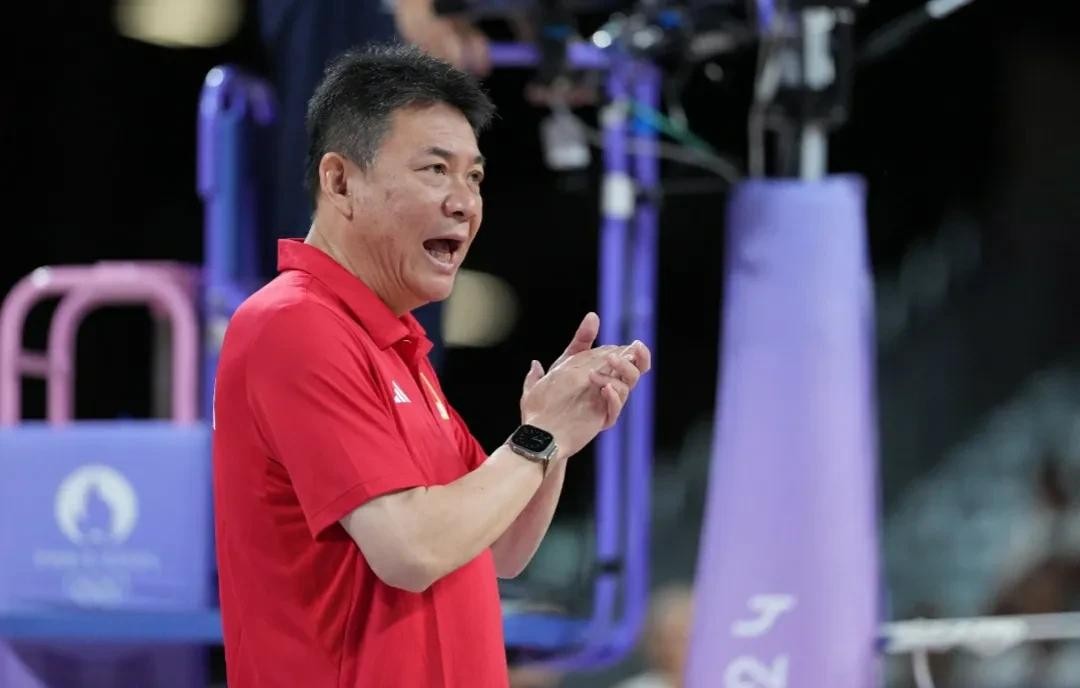
We must also see that this is not just Zhu Ting's personal story but a larger chapter about the Chinese women's volleyball team and Chinese sports. It reflects certain problems within the system and challenges to fair competition and talent selection. We need a more transparent selection mechanism, a fairer competitive environment, and a more complete supervision system to prevent similar events from happening again. This storm may just be the beginning, but it also gives us hope and the possibility of change.
